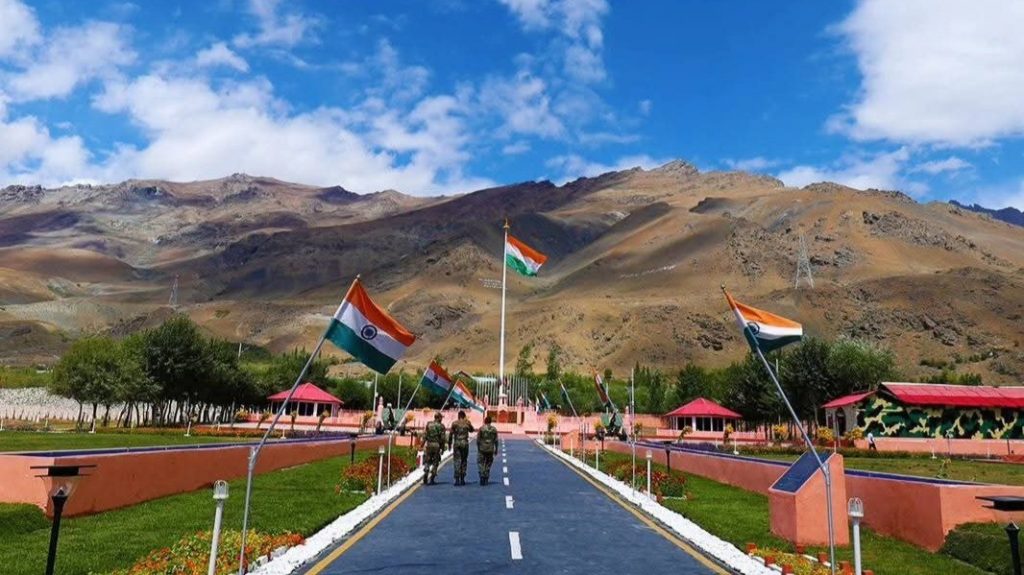This morning, I heard the sad news of the passing away of the CEO of one of Korea’s largest and finest conglomerates with whom I have been associated since 1993. I got the news from a close Korean friend.
The news set me thinking.
We all think, at different times in our lives, that life is hard. Some, of course, think this way non-stop. If we think our lives are hard, do occasionally visit a hospital ward or a cancer ward or an old people’s home. Not necessarily to build PR.
Walk through those hallways. Look at the faces. You’ll see what real struggle looks like.
I had the opportunity to do it some time ago. I used to do it periodically as a matter of routine, mainly to stay grounded. I refer to it as an opportunity because it changed me. And my perspective. Most of the times, for the better.
We all think we have understood suffering. We all think we have seen enough to know what pain is. I saw my close friend’s toddler child go through years of cancer. I saw his brother’s daughter go through years of multiple surgeries. I have seen my sister go through several decades of multiple surgeries on her leg. I have seen my other sister take years to come out of a life-threatening eyesight problem.
I had never before, at close quarters, seen a child too weak to lift his own arm. I had never before seen a little girl having to walk around for years, carrying a bag which was collecting her body refuse and waste. And to see this little girl doing it with so much of poise and composure. I had never before seen a father holding his little cancer-stricken son’s hand, whispering promises they both probably knew he wouldn’t be able to keep. I had never seen a son holding tears as his father walked into OT, wondering if he is going to come out alive.
Cancer and some terminal illnesses don’t just destroy the body. These illnesses dismantle lives. Such illnesses leave people in a state where every good day feels like a gift borrowed, and every bad day feels like the beginning of the final end.
When one introspects deeply, no one deserves this. It is worse than the worst kind of punishment. It just reminds us of a lottery where some people have pulled the wrong ticket.
Each time I have left such an environment, I have left it feeling hollow and humbled. And as soon as we step outside, the world still feels chaotically normal, as it should be. I see we are still complaining about traffic, about the metro being too crowded, about deadlines, about someone not greeting us well, about not getting a whatsapp reply in time, about not getting our ten-minute delivery on time, about small inconveniences that we all mistake for problems. We argue about our positions to the point where we are almost willing to damage someone physically and mentally. I too am part of this malaise. But trying hard to get better.
And, it is at times like these that the realization dawns that most of us live like we have plenty of time. Like tomorrow is guaranteed.
But the people in that hospital environment? They don’t have that illusion. They know what the rest of us try to ignore.
So if we think our life is hard, lets ask ourselves- Do we know how much time we have left? Even that fine gentleman from Korea’s best conglomerate did not have this answer.
Do we still need to go through all the stage-acting, all the charade? Can we use our time better. Can we build on more meaningful and less transactional friendships?
We all need to remember that waiting is a luxury some may never have. When we all talk about environment and sustainability metrics, isn’t creating a sustainable environment of better understanding, friendship, mental health and trust an extension of the same process? Let each be their own judge.

